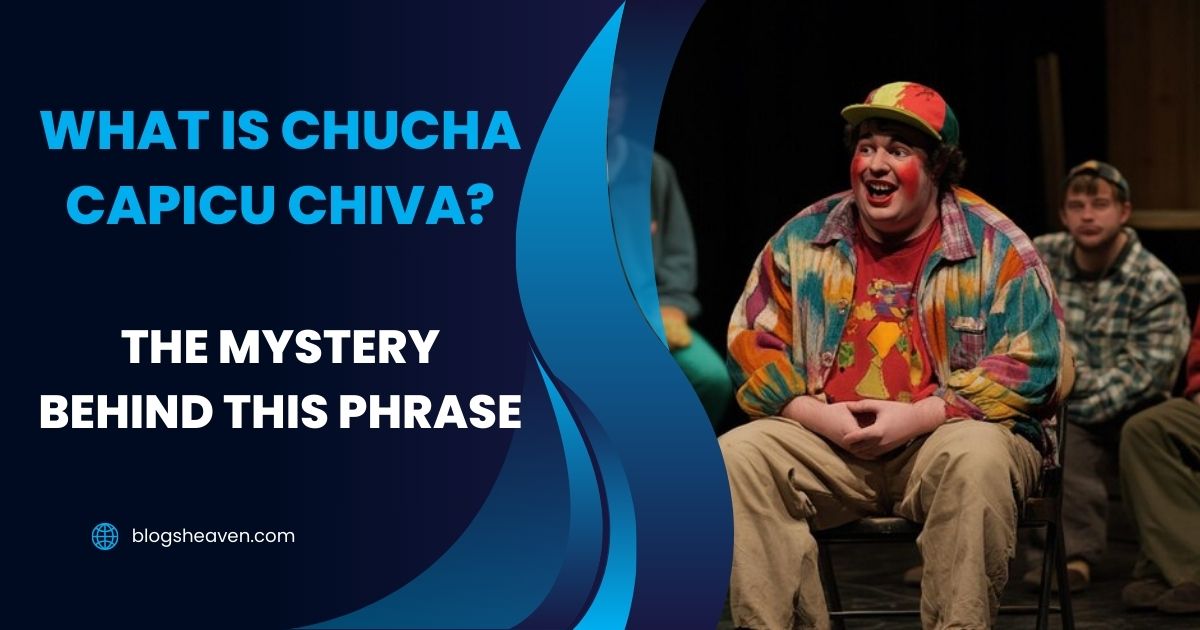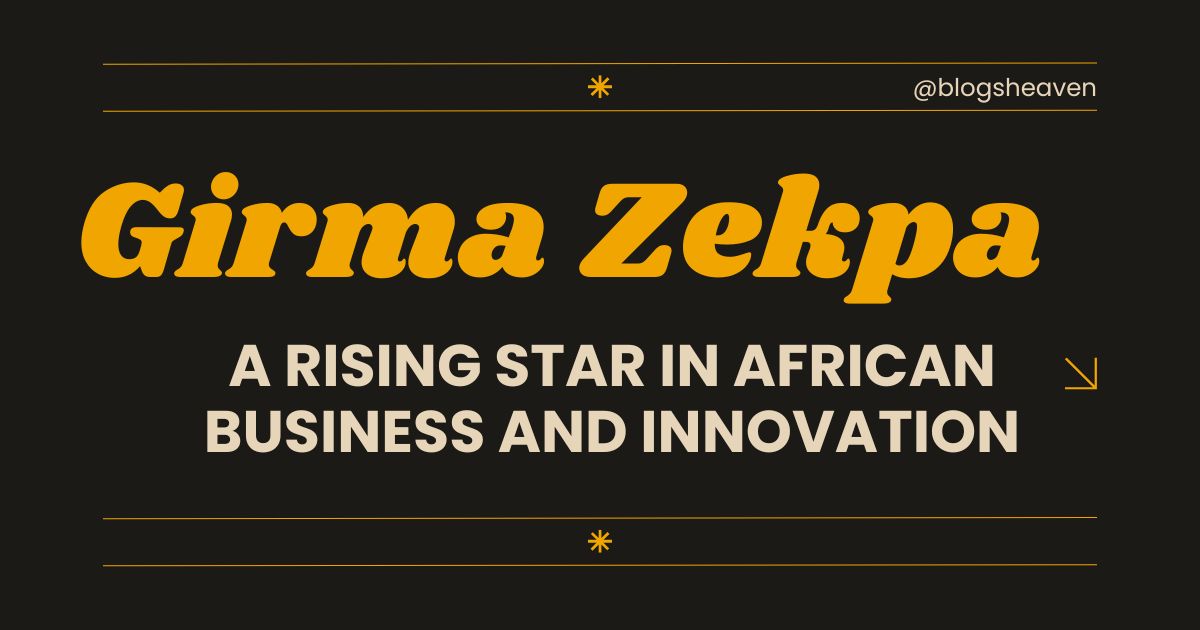Curiosity and interest are sparked by certain expressions in the realm of language and culture. This includes the song “Chucha Capicu Chiva.” Despite its apparent opacity, this term conceals a wealth of cultural meaning, humorous anecdotes, and peculiar language features. But how significant is it? When and why is it applied? Here we will examine the origins of the term “Chucha Capicu Chiva,” its modern usage, and its meaning.
Understanding the Meaning of “Chucha Capicu Chiva”
The phrase “Chucha Capicu Chiva” has deeper meaning. It weaves together linguistic, cultural, and comedic aspects. Because of its peculiar and offbeat pronunciation, the word frequently piques people’s curiosity. “Chucha” is a slang word that can signify several things depending on the context, but it can also mean awe, surprise, or irritation. But regional dialects and cultural references determine that “Chiva” and “Capicu” signify distinct things. They form a multi-layered statement that can be profoundly funny or profoundly serious when put together.
The Cultural Background of the Phrase
One must investigate the cultural setting of “Chucha Capicu Chiva” in order to comprehend it completely. In Latin American and Caribbean cultures, where idioms and phrases tend to be more figurative than literal, this term has its origins. These expressions provide a window into the speaker’s feelings, sentiments, and common experiences; they function as linguistic quick cuts in these cultures.
Breaking Down the Components
Word for word, “Chucha Capicu Chiva” is rich with meaning and character. “Capicu” is commonly associated with circumstances where something completes a cycle, whereas “chucha” can mean astonishment or be used as an exclamation. “Chiva” can indicate anything from a little animal (like a goat) to an item of exceptional worth or a prized treasure. When put together, the words form a phrase that is both complicated and subjective.
Common Uses and Variations of the Phrase
While “Chucha Capicu Chiva” might not be your go-to expression in casual conversation, you might hear it in a pinch. Users may convey a range of emotions with it, including surprise, irritation, and enjoyment. Some regions use different versions of the term, while others use shorter versions, such as “Chucha” or “Capicu,” to express the same feelings..
The Humor and Sarcasm Behind It
In Latin American cultures, sarcasm and playfulness are common idioms. To no end, “Chucha Capicu Chiva” follows suit. As a comical expression of an overblown emotion, the term might be useful. The usage of this statement, whether in a playful teasing or critical manner, has a way of brightening people’s spirits and making them laugh.
How “Chucha Capicu Chiva” Differs Across Regions
The areas and individuals that speak a language have an impact on it. To no end, “Chucha Capicu Chiva” follows suit. “Chucha” may have a more negative perception in some regions, while “Chiva” can indicate something totally different in others. Such expressions change and acquire new significance when individuals move around and cultures mix.
Interpreting “Chucha” in Different Dialects
“Chucha” can mean a lot of different things depending on where you are. In certain regions, it’s a lighthearted cry, while in others, it might mean something far darker, maybe even forbidden. A better grasp of dialectal variances sheds light on how language may modify itself according to its target audience.
Exploring “Capicu” and Its Meaning
Like a chess move where the pieces align in a certain way, the term “capicu” signifies something coming full circle. People find this idea appealing because it represents things that pop into their heads and then magically disappear. Putting “Capicu” at the end of the statement makes it sound more fated or ironic, as if things had to happen a certain way.
The Many Meanings of “Chiva”
“Chiva” adds to the list of flexible words. Some languages use it only to mean “goat,” while others use it to describe something really exceptional. The term “Chiva” can be used to describe an item that is very valuable, charming, or rare. This term makes the sentence more interesting and special in “Chucha Capicu Chiva,” suggesting that something special or precious is being hinted at.
Why “Chucha Capicu Chiva” Resonates with People
The deep significance of “Chucha Capicu Chiva” isn’t lost on its users. A lot of people can relate to the mix of shock, sarcasm, and adoration it conveys. In contexts where other words fail to capture the intended meaning, people frequently resort to this expression.
Situations Where You Might Hear “Chucha Capicu Chiva”
In everyday speech, you could hear the phrase “Chucha Capicu Chiva” thrown around, especially when someone is dealing with an unforeseen crisis. This is the type of expression that comes in handy when unexpected challenges arise. This remark perfectly encapsulates the unpredictability of life and the accompanying laughter that might accompany it.
Why Language Lovers Appreciate This Phrase
It exemplifies the power of language to convey culture, comedy, and emotion simultaneously, and is a must-read for language enthusiasts. It demonstrates how many civilizations construct expressions that mirror their perspective on the world, illuminating the wonder of language evolution. Because of the wealth of information they provide about human expression, linguists and language aficionados find these expressions intriguing.
How the Phrase Is Used in Popular Media
Though it isn’t often heard, you can hear “Chucha Capicu Chiva” in the rare film, song, or social media post. It is popular in casual situations due to its charming and memorable quality; some artists even use it to add a lighthearted or whimsical touch to their pieces. Phrases like these get new meaning and viewers when media keeps blending cultures and languages.
Tips for Using “Chucha Capicu Chiva” in Conversation
For the sake of your attempt at employing “Chucha Capicu Chiva,” it is imperative that you realize its background. In a more relaxed situation with people who are familiar with the culture, this expression is more effective. Using it in the incorrect context could be misleading, but it’s a fun way to show surprise or irony. The secret to maintaining a lively and entertaining discussion is knowing when and when to utilize it.
Conclusion
An intriguing phrase, “Chucha Capicu Chiva” captures a one-of-a-kind blend of cultural subtlety, sarcasm, and surprise. Despite its playful tone, this expression has profound cultural significance for the people who use it. One way to get insight into the ways language both reflects and influences our experiences is to study the origins and usages of this expression. Try singing it the next time something unexpected happens; it will help you remember the joyful surprise.
FAQs
What does “Chucha Capicu Chiva” mean?
It’s a phrase expressing surprise, irony, or humor, often used to describe unexpected situations.
Where does the phrase originate?
It’s rooted in Latin American and Caribbean cultures, where colorful language and expressions are common.
Can I use it in formal conversations?
It’s best suited for informal settings with people who understand the cultural context.
Does each word in the phrase have a specific meaning?
Yes, each word contributes a unique element: “Chucha” is an exclamation, “Capicu” implies things coming full circle, and “Chiva” refers to something special.
Is it widely recognized?
While it’s known in certain cultural circles, it might not be familiar to everyone, especially outside Latin American and Caribbean communities.











